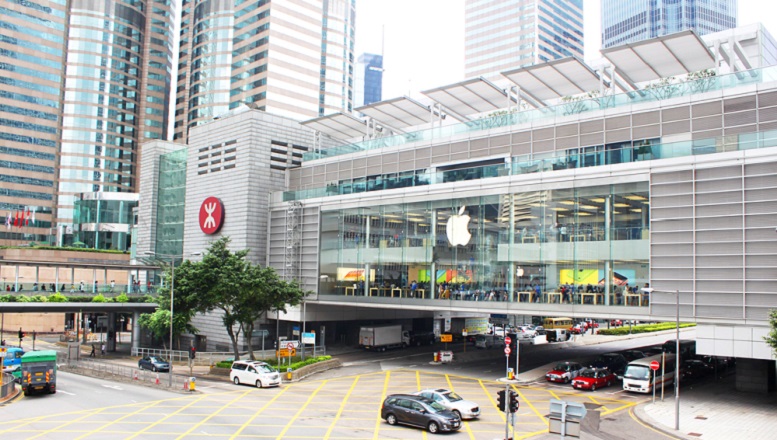There are numerous investors who consider Apple’s automotive strategy to be in disarray. However, it seems that the California-based Apple (NASDAQ:$AAPL) is continuing to work on assembling all the necessary pieces it will need if ever comes the time it decides to pull the trigger on an electric vehicle. The latest news stems from China’s Yicai Global, which reported that Apple has been working with Contemporary Amperex Technology Ltd. (CATL) to manufacture automotive batteries.
Headquartered in Fujian, China, Contemporary Amperex Technology manufactures battery packs for electric passenger vehicles, electric buses, electric trucks, and for stationary energy storage. For the past two years, CATL has been the third-largest battery producer in the world, shipping 6.8 GWh worth of batteries in 2016 (up from 2.4 GWh shipped the year prior)
Conflicting Messages
Investors were quick to point out that the latest news conflicts with reports in 2016 that Apple was moving its automotive strategy away from hardware in an attempt to focus more on autonomous driving software. More recently, Tim Cook, the CEO of Apple, publicly acknowledged the company’s autonomous car ambitions in June, stating that self-driving software is thought to be a “core technology” and is an incredibly complex AI project.
Additionally, we know that Apple was given permits from the California DMV in April to commence testing autonomous cars, a few months after confirming its self-driving car investments in a note to the National Highway Traffic Safety Administration. Regardless of the conflicting messages, Morgan Stanley still believes that Apple will eventually produce a car. The most reasonable explanation for these contradictory reports is that the company itself is unclear on how to proceed with their automotive strategy. It looks like Apple is in the position of knowing what it wants – in this case, it wants an autonomous, connected, electric vehicle – but the company has never actually taken the steps to obtain it.
If one had to guess, it would be that Apple was looking at manufacturing and hardware, but then realized it was doing so in a premature manner. This explains the layoff of hundreds of automotive engineers so that the company could turn its attention to autonomous driving software. Maybe Apple thought that it could come back to the hardware part later.
That said, the most vital piece of hardware in an electric vehicle is the battery, which includes the underlying cell chemistry, so it also makes sense that the company is already starting to explore battery technology with an experienced partner. For the time being, aspects like the suspension and undercarriage can wait.
Keep in mind that just because Apple’s automotive strategy – in terms of hardware – currently lacks direction, does not mean that it will be giving up its goals entirely.
Featured Image: Depositphotos/© Gelia78











